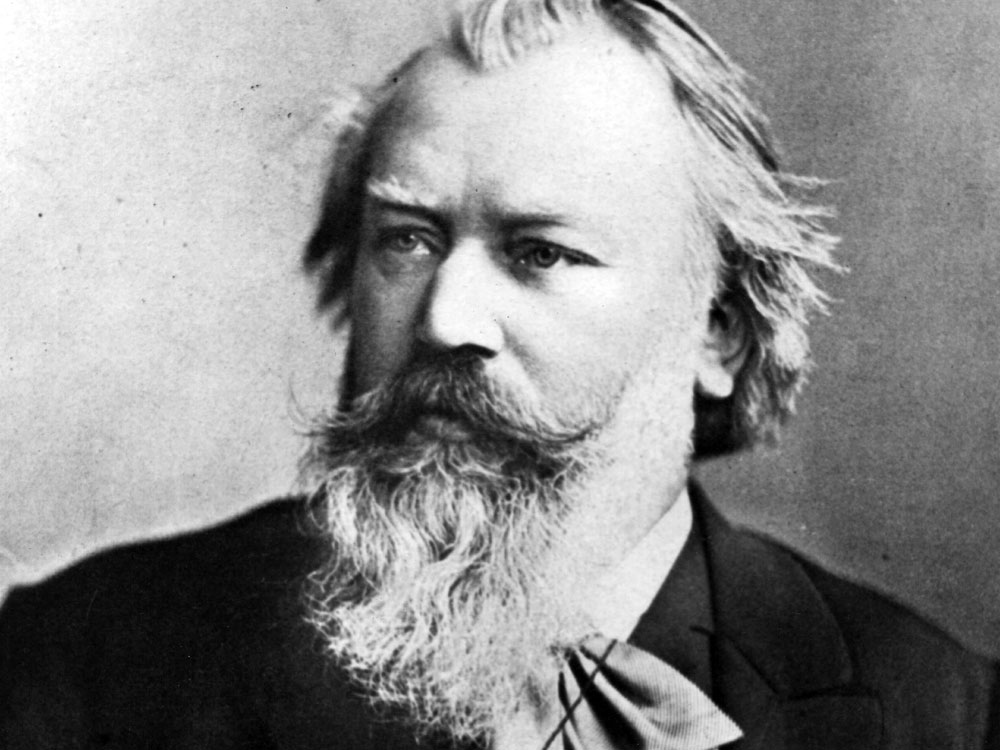Song to the Moon
Four-time Grammy Award winning opera singer Renee Fleming will be singing the national anthem at the Super Bowl this coming weekend. You may remember her singing (yes, singing) David Letterman’s Top Ten list on The Late Show last year. She also appeared at the Obama Inaugural Celebration in 2009 and at Ground Zero after the September 11th attacks. I performed with the Virginia Symphony when Fleming came to Norfolk about ten years ago and …



